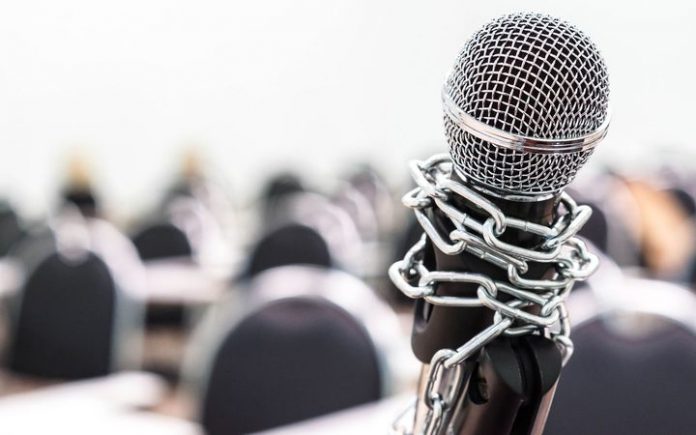Source: Media: Delayed reforms are denied rights – NewsDay Zimbabwe
BY GARY GERALD MTHOMBENI
Mnangagwa raised a loud cheer when he pledged that the “people’s voice would be heard” as he promised “free and fair elections” and strengthening pillars of democracy, including a free Press.
Media advocacy groups were quick to point out the need to implement long-overdue media reforms such as repealing the Access to Information and Protection of Privacy Act (Aippa).
In breaking with the past, media advocacy groups urged Mnangagwa to ensure the safety and security of journalists conducting their lawful duties, including aligning media laws and policies with the Constitution as provided for in sections 61 and 62 of the Constitution and other sections enshrined in the Declaration of Rights.
Sections 61 and 62 guarantee the right to freedom of expression, media freedom and access to information.
Aippa was only scrapped three years later in July, 2020.
In its place, came the Act (Freedom of Information Act) which sought to provide citizens and media practitioners with the right to access information and creating legal frameworks and mechanisms for accessing information from public and private bodies.
But journalists and media advocacy bodies said nothing had really changed under Mnangagwa.
Instead, they said the country had regressed with the democratic space shrinking.
Journalists such as Hopewell Chin’ono have become regular inmates at prison cells.
A latest Reporters Without Borders report on promoting media rights ranked Zimbabwe 130 out of 180 countries in 2021, four places down from 126 in 2020.
Zimbabwe National Editors Forum (Zinef) co-ordinator Njabulo Ncube said the country had witnessed pseudo media reforms under Mnangagwa.
Ncube cited the Data Protection Act which contains provisions that undermine freedom of expression and freedom of the media as guaranteed under section 61 of the
Constitution.Clause 164c of the Act criminalises the spread of what the government classifies as false information online, punishable with a jail term of up to five years, or a fine, or both.
“It is a well calculated strategy to perpetuate the muzzling of the media. The second republic wants to appear to be ticking all boxes under media reform but it is a facade. Look at the licensed community radio stations: the Chimanimani community radio station is chaired by the wife of the local MP. It’s a ruse,” Ncube said.
A recent report released by the Media Institute of Southern Africa (Misa) showing that 52 journalists were arrested, detained, harassed or assaulted in 2020 also dramatises the state of Press freedom in Zimbabwe.
The Media Institute of Southern Africa (Misa Zimbabwe) describes Press freedom as the right of journalists and media workers to conduct their professional duties without hindrance while also being mindful of the fact that media freedom and freedom of expression can also be subject to lawful limitations that are justifiable in a democracy.
Misa Zimbabwe chairman Nyasha Nyakunu lamented lack of media freedom in the country.
“Despite this constitutionally-protected right, there still exists some laws that impact not just on the rights of journalists, but on citizens’ right to free expression and access to information, among them certain sections of the Criminal Law (Codification and Reform Act), Official Secrets Act, Censorship and Entertainment Control Act and Interception of Communications Act,” Nyakunu explained.
Tsvangirai Mukwazhi, a photojournalist with Associated Press, said: “While Press freedom exists, there is often no freedom after expressing one’s opinion or the people’s opinion.”
The Zinef co-ordinator said media freedom remained a mirage under Mnangagwa.
“What has changed is the Minister of Information, her deputy and staff has been more engaging than previous ministers under the Mugabe regime,” Ncube said.
“What is needed are wide-sweeping media reforms where self-regulation is entrenched. Communities should be allowed to run and operate community radios and television stations.
“What we have are cherry picked, parcelled out community broadcasting licences. How do you explain that major towns and cities were denied community broadcasting licences?”
Newer Post
Binga water woes deepen Older Post
Disputed elections bad for nation: Clerics 
COMMENTS